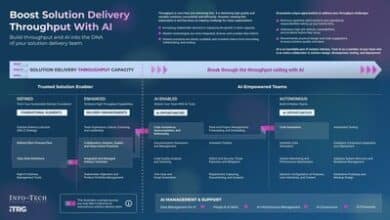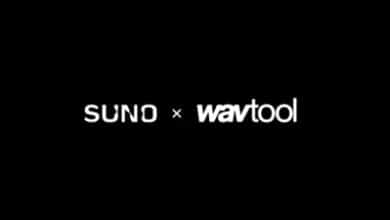Narma Inc. is a Korean spin-off company of the Research Institute for Aerospace, which has succeeded in developing the worlds first dual tilt-rotor drone that works with electricity. The innovative startup will be featured in the North Hall among the innovators at CES, one of the most influential tech events held globally. Brands and tech businesses of all sectors come together at this event to showcase their businesses and make connections.
Narma is distinguished among competitors
The tilting rotor enables the delivery drones to have a simple, vertical take-off as well as landing, a great advantage especially in confined spaces such as dense cities. The drones will be able to fly at high speeds of 40 km in 40 minutes and a maximum speed of 120 km/h, while transporting a load of 5 kg.
Despite the fact that drones for deliveries are also being developed by global competitors such as the likes of Amazon, Google, and Wingcopter, Narma stands out due to the relation of weight, the wind resistance and resulting cost per delivery. Another significant advantage is the independence with which the drone can fly: unlike other drones that require individual manual operation, Narma’s drones fly automatically using simple controls. This reduces fatigue and costs for individual operators, and enable them to be operated alongside others by one person.
The advantages do not end there however, as Narma has reduced manufacturing costs due to prefabricated carbon plates that need no manual forming. This saving in money and time in the building of the drones make them viable competitors for delivery even with cars or motorcycles.
Narma is also the only company that manufactures drones in Korea to receive a permission from the government to fly “BVLOS” or Beyond the Visual Line Of Sight, as well as the official permit to fly at night. In an outstanding demonstration of this ability, Narma flew their drones BVLOS at an event hosted by the Ministry of Land, Infrastructure and Transport near the National Assembly hall, presenting the advanced technology by making it fly beyond the rooftops and out of sight.
Future plans are highly promising
Narma is now hoping to enter the overseas market in the US. They edeavour to make many connections with potential partners during CES, particularly with drone engineers, operators and those with services that require delivery drones.
The company is also planning a cooperation with CU, which is the largest convenience store in Korea, for a complete delivery service. The drone delivery solution has been introduced to South Africa, Croatia, Ethiopia and the Philippines successfully, with the same now planned in North America.
Lastly, Narma’s main goal is to become the standard delivery drone, and to develop a hydrogen fuel cell drone that can make longer flights possible. The new drones with a load capacity of 20 kg are to be developed by 2025.



